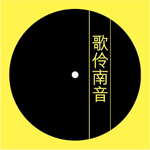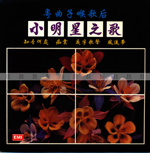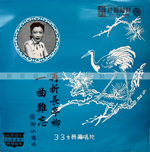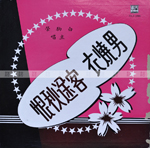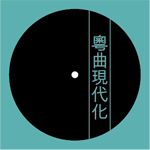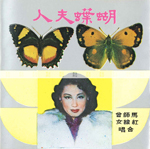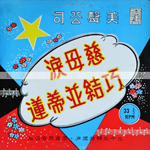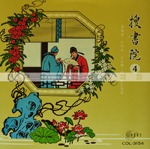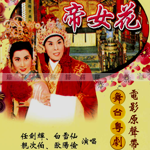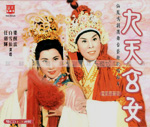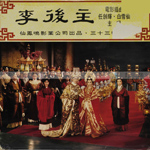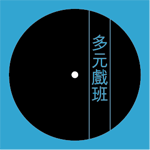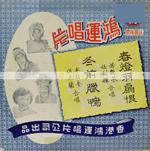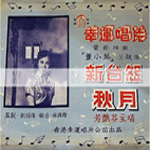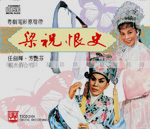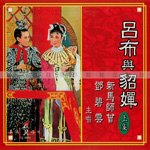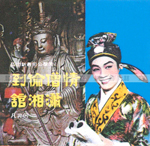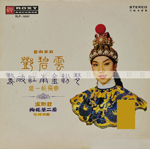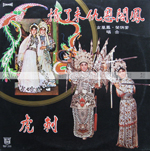Since the early twentieth century, Hong Kong has always been an important venue for Cantonese opera development. After 1949, as a result of political turmoil in the Mainland, performers and troupes converged and resettled in the territory, leading to a tremendous prospering of Cantonese opera in the subsequent decade. This development is linked intimately with the rise of the electronic media.
Performers and troupes began to grasp the possibilities offered by film and radio to re-examine age-old performance practices with regard to acting, singing, script writing, instrumentation, and stage set-up. They brought in novel elements from the theatre and movie world, and participated in the production of films and records. With these acts, they are extending the movement to modernize Cantonese opera that began in the 1930s.
Wong Jum-sum was thoroughly immersed in the world of Cantonese opera from young. Through his close encounter with master performers like Hung Sin-nui, Ma Si-tsang, Yam Kim-fai, Pak Suet-sin and Tong Dik-sang, he witnessed first hand the modernization of Cantonese opera, and was mightily moved by the adventure and passion he saw.
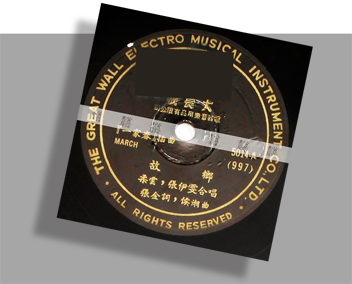

作曲:侯湘(李厚襄)
作詞:張金
主唱:張伊雯、柔雲
張:朵朵白雲飛向我的故鄉,
青山重重,樵歌嘹亮,
看那東方鮮紅的朝霞,
歌唱我的故鄉。
柔:朵朵白雲飛向我的故鄉,
江上風波,漁舟蕩漾,
看那東方鮮紅的朝霞,
歌唱我的故鄉。
合:楊柳青青,風和日長,
燕子飛過短牆,百花齊放,
鳥語花香,蝴蝶翩翩四方。
合:朵朵白雲飛向我的故鄉,
田野蒼翠,一片麥浪,
看那東方鮮紅的朝霞,
歌唱我的故鄉。
